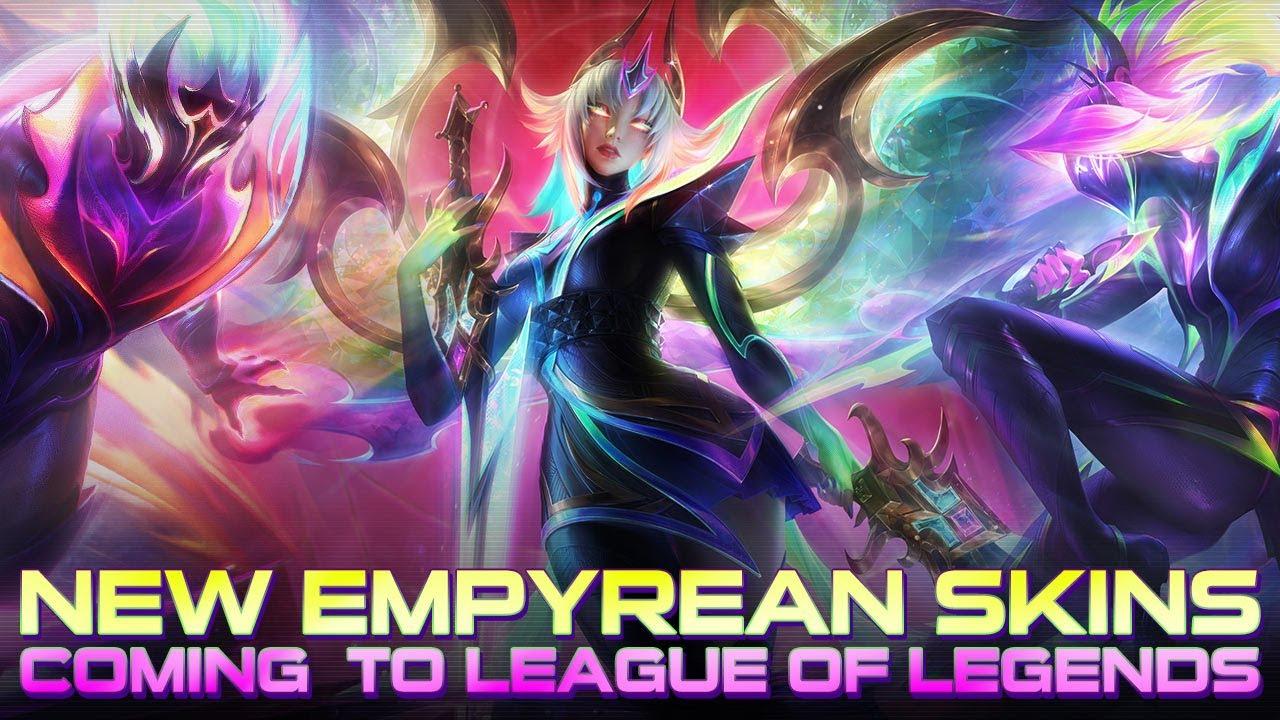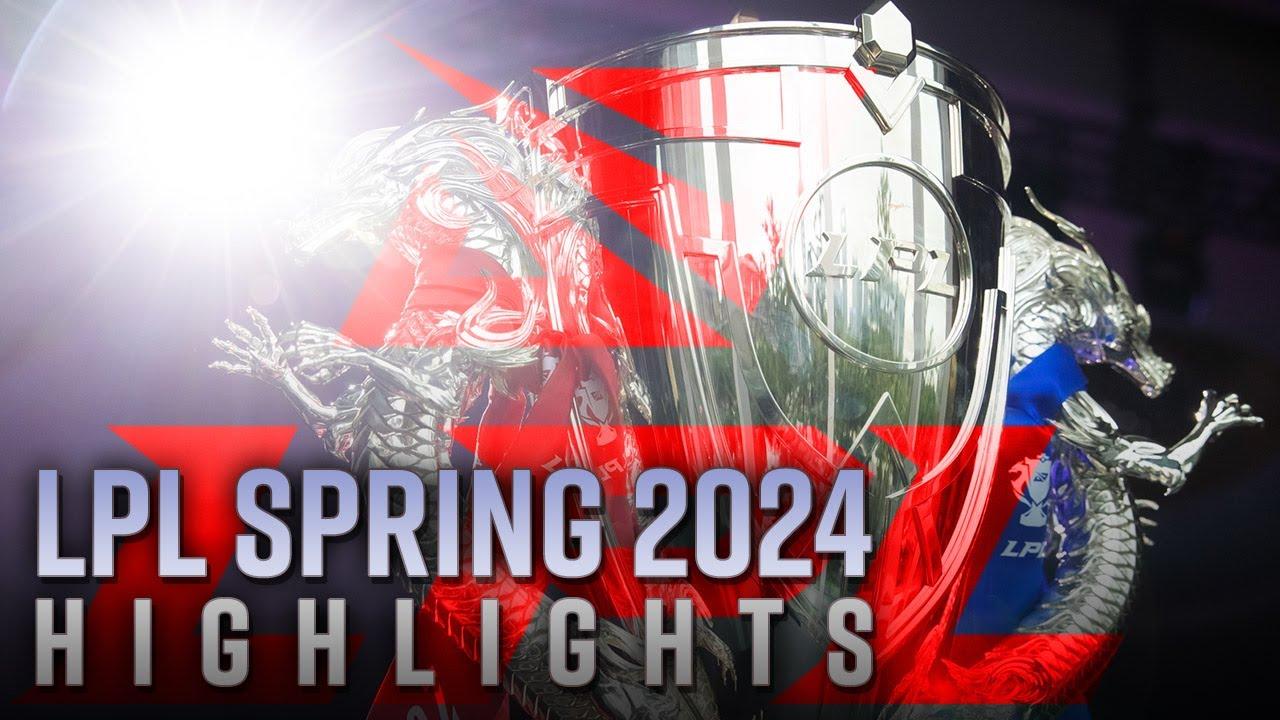
FACEIT CSGO admin banned for selling ELO boosts for cash
A prominent FACEIT staff member stands accused of selling ELO directly to players, and is now facing a ban for the offense.
Matchmaking isn’t the best in Counter-Strike: Global Offensive, so many players opt for third-party services based outside the game. FACEIT is a popular option for quality matchmaking and pubs, but its competitive pedigree has been threatened by a heavy accusation. A FACEIT administrator was allegedly selling services for directly adding ELO to a player’s account. Here’s what players claim and how it could affect the FACEIT platform.
Popular CSGO personality Aleksey “OverDrive” Biryukov first accused a FACEIT admin on August 29. In a social media post, OverDrive claimed that FACEIT admin luvsteRRRRRR has been selling ELO boosting services. As proof, he showed three FACEIT profiles that received massive ELO boosts after seemingly random matches.
The first picture shows a player earning 216 ranking points from a single match. The usual rate is plus or minus is 10 to 30 points per game. It is theoretically possible to earn more than 200 ELO from a single FACEIT match, but it would require an absurdly imbalanced match and a winning result despite the imbalance. The second and third images show a single player gaining around 400 ELO without playing a single game. It’s unknown if these accounts are whistleblowers or fake accounts created specifically to catch the admin in the act.
As for the accused, OverDrive reported late in the day that the admin he had accused has been banned and that the distributed ELO was revoked. Even still, the fact that an admin could sell such a service is worrisome.
After ELO selling scandal, how can FACEIT ensure fair play?
Selling ELO isn’t exactly in the spirit of competitive play, but is it enough to make FACEIT change anything about its current system?
Based on a small amount of public information, it seems that luvsteRRRRRR was not a high-level FACEIT admin. However, he was still able to access and change the service’s player database. With that in mind, it’s highly unlikely that they are the only person to ever hatch such a scheme. It’s possible that there is more illicit ELO floating around the third-party matchmaking service.

Restricting access is an easy step to take, but a more permanent solution could involve implementing blockchain technology. By storing a ledger on multiple computers and only making unanimous changes, it would prevent anyone from messing with the rankings. Then again, implementing cryptocurrency technology may be overkill for this problem.
Recommended

All maps are now available in CS2, what does it mean?
Poor Inferno players.

Redline creator reveals a sequel skin for CS2
Maybe call it the Orangeline?

CS2 release date: Everything we know so far
Is it CS2-morrow? No, it is not.





